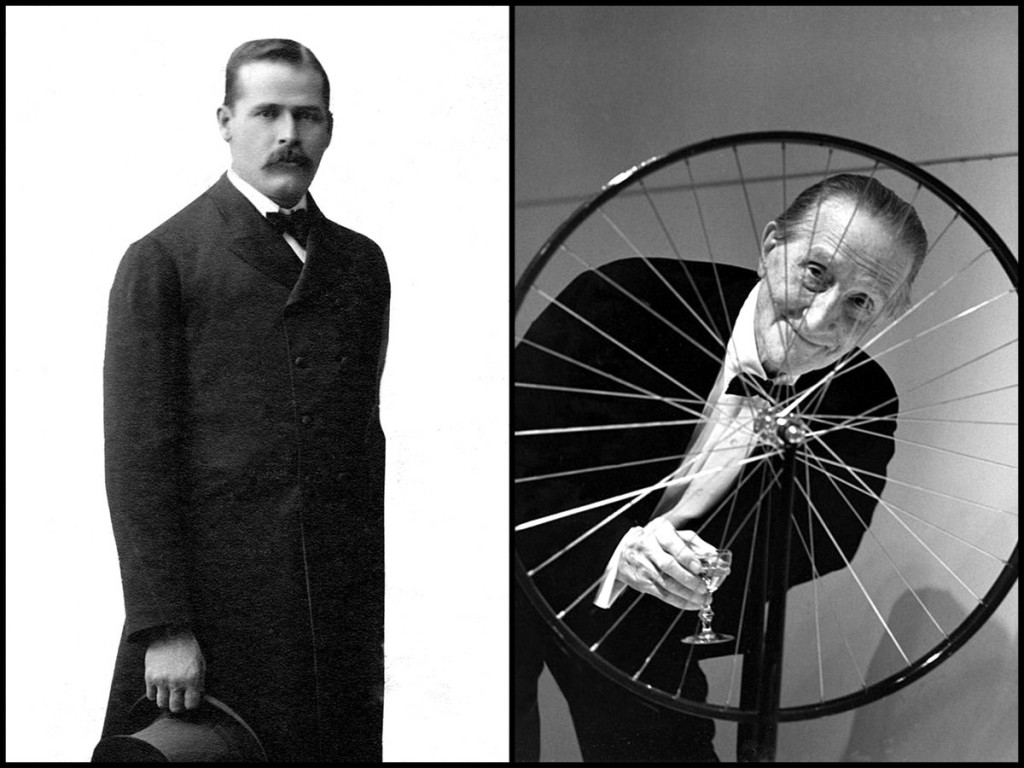What can be troubling is that open discussions like these don’t always happen, because faculty has followed…
In August, I met with a fellow public-school-privatization critic and was told that in a meeting with a charter school employee, my [actual] name was mentioned and I was labelled as somewhat dangerous-scandalous and a person no one should ever talk to, listen to, or read. I wish I could say it was a surprise but it wasn’t. Since 2006, once or twice a year, someone associated with TfA, KIPP, or other entities in the school privatization movement has dropped by to post an insult, a you-are-so-wrong or unfair! comment. None of them have stopped me, and none of them have disputed facts presented. The complaints are about my unfairness, my “tone,” my “blindness” to the “successes.”
Getting back to Latin, this isn’t the first time the issue has surfaced. When the advanced courses…
Sloganza 9. The Government Stole My Heart from B2 L2 on Vimeo.
New Orleans chessmaster Jude Acers is over in Greece right now competing in the Senior World Chess Championship. So far, so good. He’s won twice, lost once, and drawn once. He’s one tough dude, battling hard against a couple very highly rated players. His friend Charles Broome has been supplying brief updates over at JudeAcers.com, where I also upload game viewers so you can click through Jude’s games on a daily basis.

- Go to 29.959436,-90.060289 on Google Maps, click Street View, and you’ll find Jude‘s World Chess Table, where you can play him for $5 a game.
If we didn’t have our noble institutions of higher learning, we would most assuredly need more asylums…
Sloganza 8: Rotational Velocity with a Twist from B2 L2 on Vimeo.
After hours of obsessing, I still didn’t know what to do about my website. I was lying…
Harry Alonzo Longabaugh was born on April 19, 1868, in Phoenixville, Pennsylvania.
Henri-Robert-Marcel Duchamp was born July 28, 1887, in Blainville, France.
Longabaugh (AKA the Sundance Kid) was the third son of Josiah and Annie Longabaugh.
Duchamp (who created for himself a feminine alter ego, Rrose Selavy) was the third son of Eugene and Lucie Duchamp.
Longabaugh joined the Phoenixville Literary Society in 1882.
Duchamp became a full member of the Paris Autumn Salon in 1910.
After a brief journey that took him to Philadelphia, New York City, and Boston, the 14-year-old Longabaugh boarded a train headed west.
After obtaining his baccalaureate from the Bousset School in Rouen, Duchamp moved to Paris. Following a year of mandatory military service, he rejoined his bohemian circle in Paris.
In February 1889, Thomas Moonlight, governor of the Territory of Wyoming, pardoned Longabaugh, noting that the 20-year-old horse thief showed “an earnest desire to reform.”
In June 1921, Duchamp made a strong impression on Dada kingpin Andre Breton, who credited him with an “elegance of the most fatal sort.”
I pondered my options. I thought about a letter writing campaign denouncing censorship and demanding a public…


